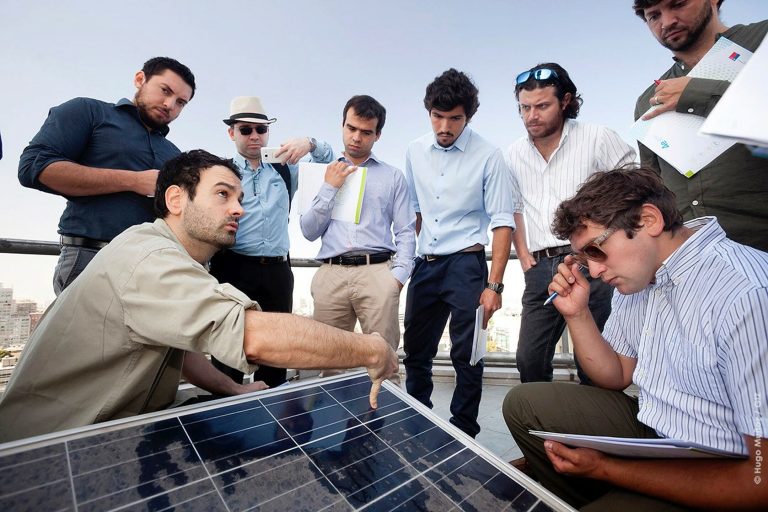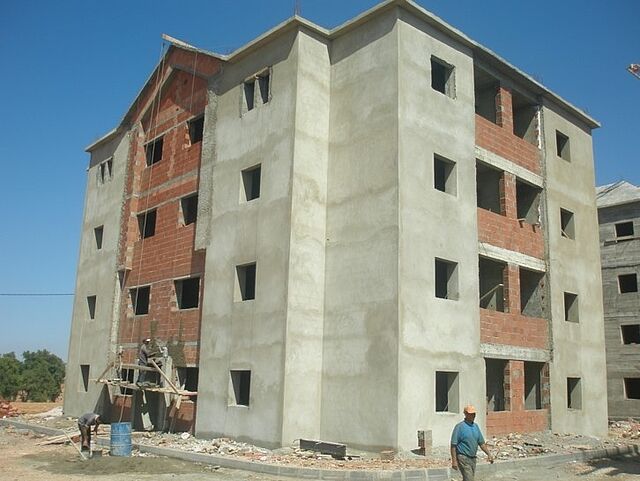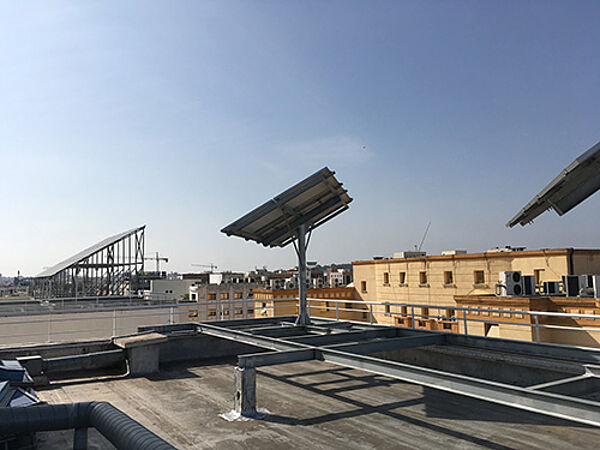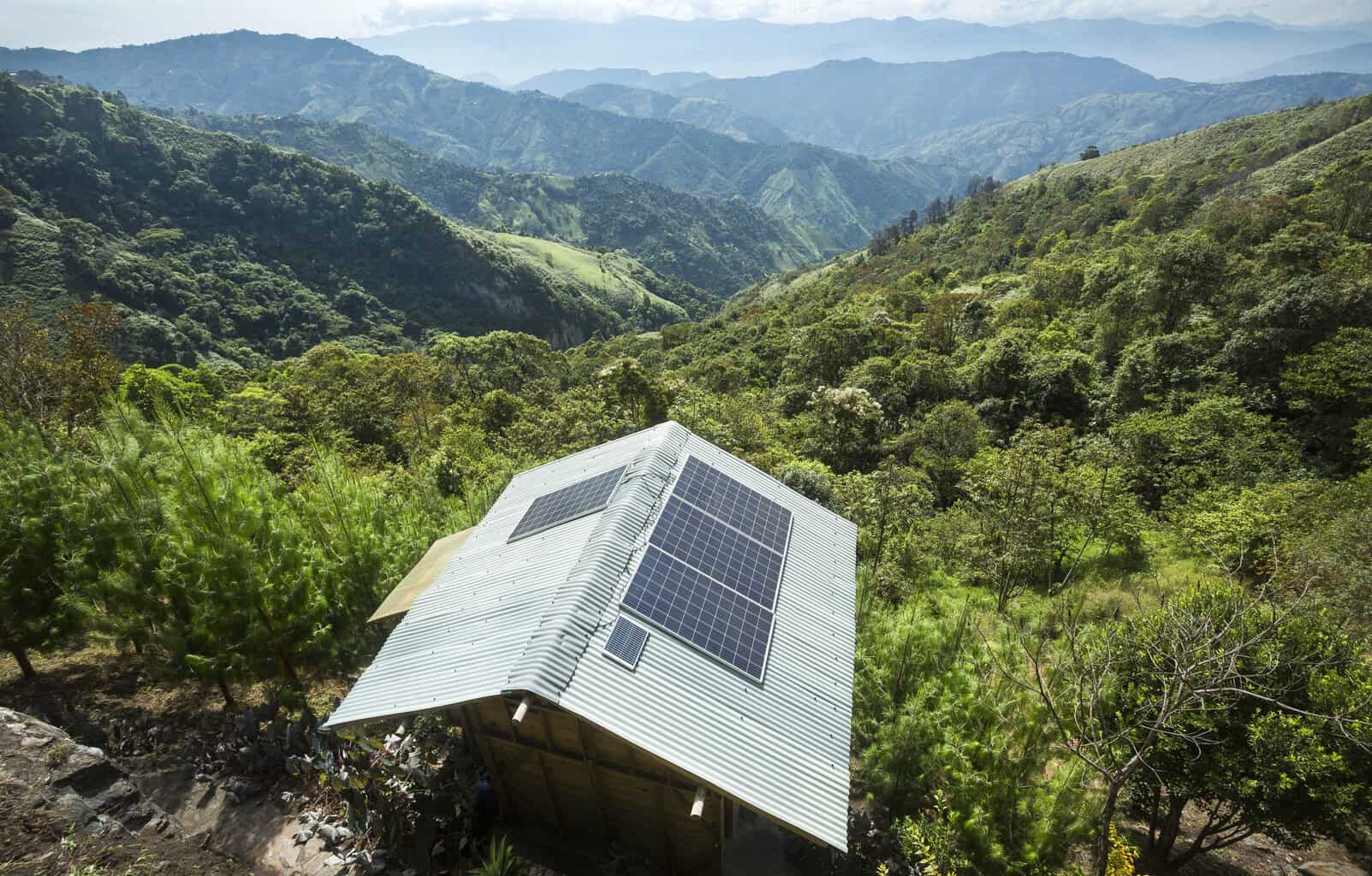
Background: Mauritius has communicated an ambitious economy wide energy efficiency (EE) target of 10% by 2030, and needs to develop concrete implementation instruments for its achievement. Public institutions’ annual budgets do not cater for investments in EE, and private enterprises focus their limited capital in investments in their core business. Through the Energy Efficiency (Energy Consumer and Energy Audit) Regulations 2017, the Energy Efficiency Management Office (EEMO) mandates large energy consumers to conduct energy audits within their organisations, but enforcement of implementation of the audits’ recommendations is lacking due to shortage of appropriate financing instruments. Investments by Energy Service Companies (ESCO) on behalf of clients, where ESCOs are remunerated through the achieved energy savings in an Energy Performance Contracting (EPC) modality could overcome these barriers. Although, the EPC/ESCO being a nascent market in Mauritius, banks are risk averse and require high risk premiums as well as collateral that the ESCOs cannot provide as assets are generally installed at their clients’ premises.
Approach to Transformational Change: The project will initiate widespread use of EPC in private and public sectors in Mauritius through a financing mechanism that addresses and alleviates the financing sector’s perception of risks related to EPC. The project will establish a first loss guarantee mechanism accessible to commercial banks when they lend to ESCOs and their projects. The guarantee solves the collateral challenge, while cash flows from the ESCOs’ reputable clients can be readily assessed by the banks. As banks require both, the guarantee is what unlocks the market.
The project will, in coordination with other EE initiatives financed by other donors such as the Global Environment Facility, develop a framework for setting up and implement EPC with due regard to the registration and grading of ESCOs, and develop all legal documents including standard EPC contracts for the public and private sector which will serve to regulate and establish a solid footing for the EPC sector. It will consider and recommend policy changes deemed necessary for the uptake of EPC and design and recommend institutional linkages that will enable a smooth and quick uptake of the EPC concept. The project will address capacity building needs for local professionals, including women regarding design and follow up on EE projects, and attend to the training needs of persons involved in procurement for them to master EPC contracts. The project will also cover awareness raising to mobilize and incite private, public and financial organizations, to embark on energy efficiency investments incorporating EPC.
Mitigation potential: The envisioned Mauritius Guarantee Fund will lead to the implementation of 95 projects during the first 5.5 years, and 358 by the 16th year of operation, corresponding to 210,296 tCO2e, and 1,637,489 tCO2e respectively. The emission reductions by 2030 represent 38.8% of the envisioned emission reduction contribution of 234,000 tCO2e from the NDC sub-target of 10% economy wide energy efficiency improvements, as described in the National Mitigation Strategy and Action Plan.




